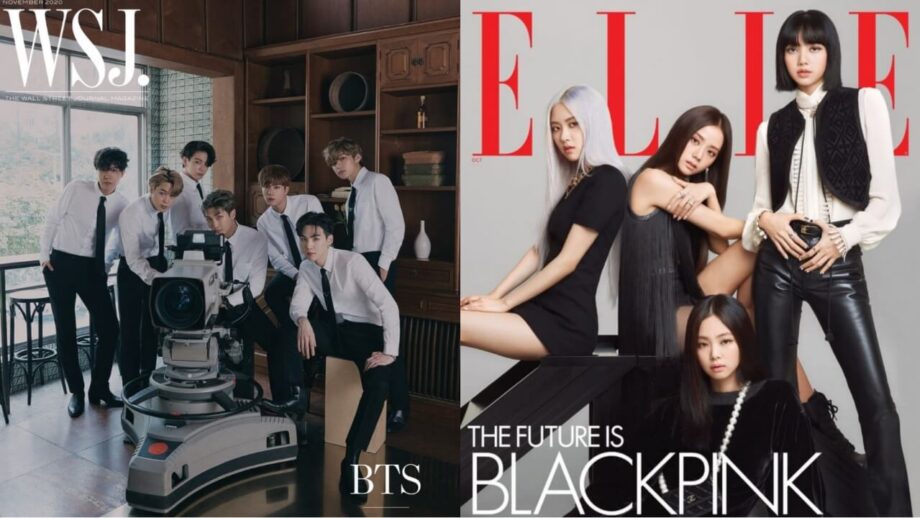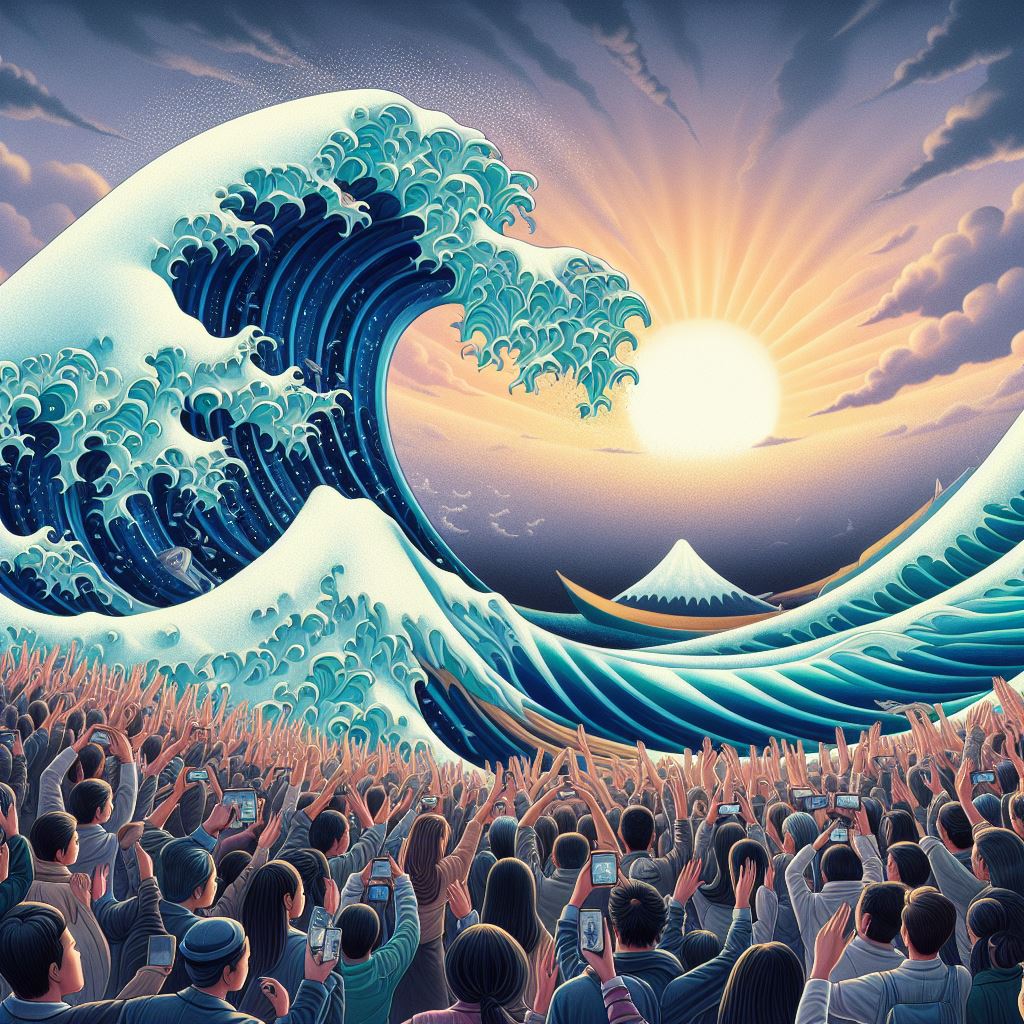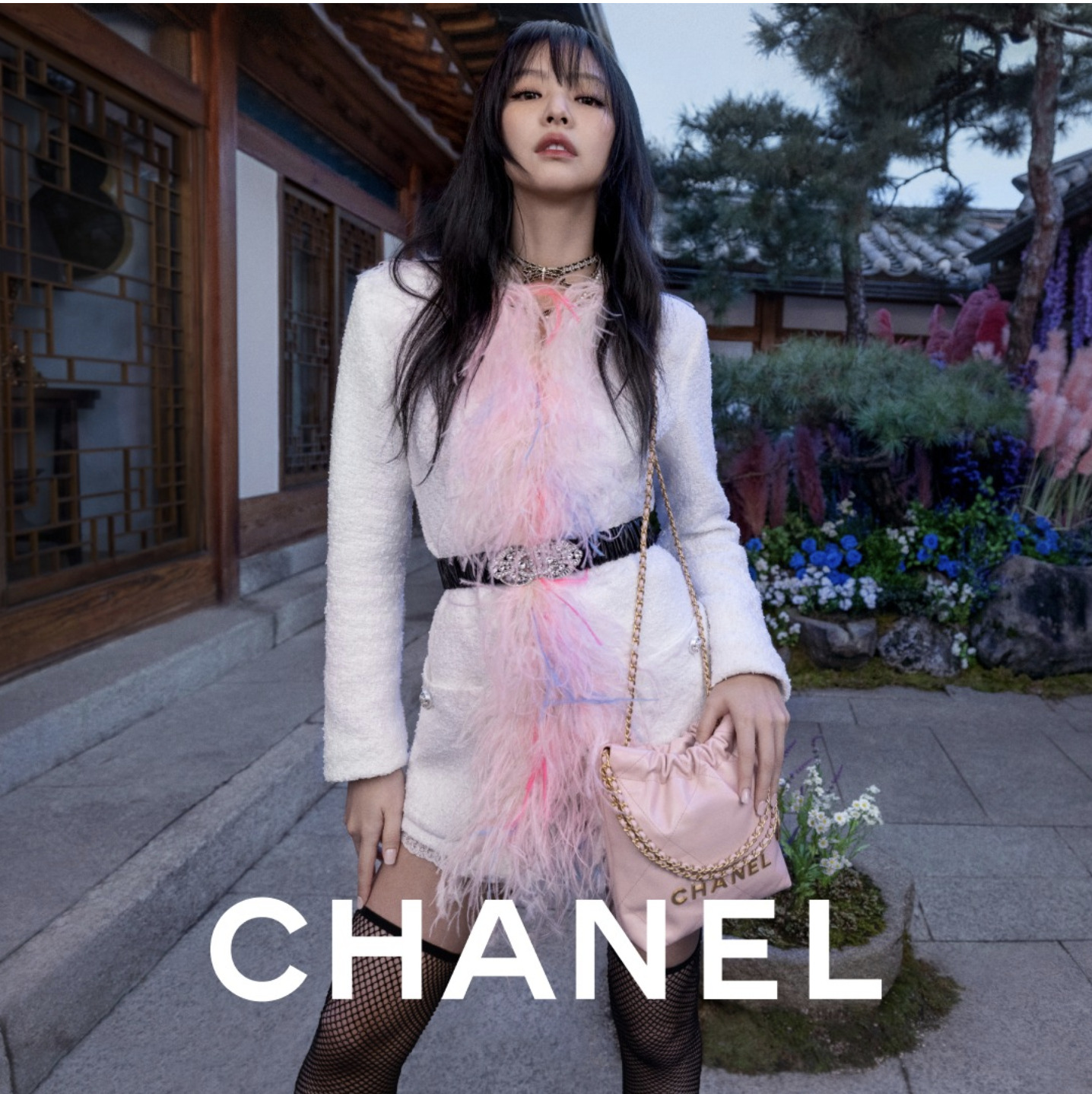How Kpop and Kdrama Have Redefined Global Fashion Trends
Introduction
In recent years, the global phenomenon known as the “Korean Wave” has taken the world by storm, captivating audiences with the mesmerizing beats of Kpop and the captivating narratives of Kdrama. This cultural tsunami has not only influenced the entertainment industry but has also left a permanent mark on the fashion landscape. In this blog post, we’ll explore how the popularity of Kpop and Kdrama has sparked a worldwide interest in Korean lifestyle and fashion, and looking at the Korean government’s role in fostering this cultural exchange.
What is the Korean Wave?
The Korean Wave, often referred to as “Hallyu” in Korean, is a cultural phenomenon characterized by the global spread and popularity of South Korean entertainment, including music (Kpop), television dramas (Kdramas), films, and other forms of popular culture.
Originating in the late 1990s, the Korean Wave has transcended regional boundaries, captivating audiences worldwide and influencing international pop culture. The widespread accessibility of digital platforms, social media, and streaming services has played a crucial role in the global dissemination of South Korean cultural content, contributing to the surge in interest and fandom. The Korean Wave represents a significant soft power for South Korea, showcasing its cultural richness and creativity on the global stage.
The Korean Wave, once confined to Asia, achieved global prominence in the 2010s, propelled by digital platforms and the determined efforts of entertainment companies. Social media, particularly YouTube, Facebook, and Viki, played a pivotal role in expanding the reach of South Korean cultural content worldwide.
A significant milestone occurred in 2019 when CJ E&M, South Korea’s largest entertainment company, forged a strategic partnership with Netflix, emphasizing a multi-year content production and distribution agreement. This shift from traditional formats to digital platforms marked a fundamental transformation in cultural consumption, epitomized by the global success of works like “Parasite” and the Kpop sensation BTS.

Kpop, Kdrama, and their Influence on Fashion
Kpop, short for Korean pop music, and Kdrama, Korean television dramas, have become global cultural phenomena. With groups like BTS, BLACKPINK, and EXO dominating charts and Kdramas like “Crash Landing On You” and “Squid Game” captivating audiences worldwide, the Korean Wave has transcended borders and language barriers.
BTS, arguably the biggest Kpop group globally, boasts millions of devoted fans, known as the “ARMY.” With record-breaking albums and sold-out world tours, BTS has become a symbol of the Korean Wave’s reach. BLACKPINK, the first Kpop girl group to perform at Coachella, has also gained immense international popularity.

Kdramas have achieved similar success, with shows like “Parasite” winning prestigious awards and capturing global attention. “Crash Landing On You” was the most-watched Korean drama on Netflix in 2020, ranking first in 13 countries and regions.
This surge in popularity has naturally spilled over into the world of fashion. Korean fashion, known for its eclectic blend of modern and traditional elements, has gained prominence on the global stage. Fans of Kpop and Kdrama often emulate the styles of their favorite idols and characters, creating a demand for Korean fashion items. From streetwear to luxury brands, Korean fashion has become synonymous with trendsetting and youthful elegance.
“I think the Korean Wave is a great opportunity for Korea to show its culture and values to the world. I’m proud to be a part of it as a singer and actor. I hope the Korean Wave can continue to spread positive messages and inspire people around the world,”
said Rain, a popular K-pop star and actor, in a press conference for his drama “Welcome 2 Life” in 2019.
Government Policy
“As President Moon Jae-in mentioned in his March 1 Independence Movement Day speech, Korea has become a powerhouse of cultural production. Our cultural and creative industries have led to the growth of Korea’s global standing,” Culture Minister Hwang Hee said in a statement.
Source: https://www.koreatimes.co.kr/www/art/2022/03/398_324942.html
The Korean government has played a pivotal role in promoting the global appeal of Kpop and Kdrama through strategic initiatives collectively known as the Korean Wave Policy. This policy, aimed at fostering the international popularity of Korean culture, includes support for overseas concerts, cultural exchanges, and collaborations between Korean and foreign artists. The policy’s ultimate goal is to enhance Korea’s soft power, cultural diversity, and economic growth.
Economic impact
The economic impact of the Korean Wave is profound, with South Korea’s cultural exports skyrocketing from $188.9 million in 1998 to an impressive $7.5 billion in 2018. This surge has spurred a 40-fold increase in the export of cultural goods and services, contributing significantly to the nation’s domestic economy.
South Korean corporations responded by recruiting more cultural content creators, leading to a notable rise in industry employment from 575,060 in 2005 to 644,847 in 2017. This growth, constituting 3% of the job market, surpassed sectors like semiconductors, computers, and telecommunications in 2017.
The ripple effect extended to various industries, including tourism, cosmetics, food, fashion, and electronics, as demonstrated by the Korean Development Institute’s findings. The export of cultural content catalyzed a $248 export of consumer goods for every $100 worth of cultural content between 2011 and 2016, with K-pop alone driving a remarkable 17.7-fold increase in the export of consumer goods, encompassing cosmetics, foods, and of course fashion.
In essence, the Korean Wave’s influence on the national economy is succinctly captured by the saying among South Koreans that digital content and popular culture “feed the nation.”
Leveraging Korean Celebrities for Global Business Success
Korean businesses have cleverly recognized the influence of Kpop and Kdrama stars in shaping international trends and have capitalized on this phenomenon to promote their products to a global audience. The collaboration between Korean celebrities and brands has become a powerful marketing tool, with popular idols and actors serving as influential ambassadors for a wide array of products. From cosmetics and fashion to technology and lifestyle brands, Korean businesses have seamlessly integrated the charisma and popularity of these celebrities into their marketing campaigns.
International buyers, eager to emulate the style and preferences of their favorite idols, have responded enthusiastically to these collaborations, resulting in increased brand visibility and sales. The symbiotic relationship between Korean celebrities and businesses has not only propelled the global reach of Korean products but has also reinforced the country’s status as a trendsetting hub in the international marketplace.
These are some of the K-pop idols who have become the new faces of global luxury brands:
- Blackpink’s Jennie for Chanel
- Blackpink’s for Celine and Bulgari
- Red Velvet’s Irene for Prada
- Exo’s Kai for Gucci
Effects on Tourism to Korea
The unparalleled global popularity of Kpop and Kdrama has not only transformed cultural landscapes but has also had a profound impact on tourism to Korea. The phenomenon of the Korean Wave has attracted hordes of international fans eager to immerse themselves in the vibrant world depicted in their favorite shows and music videos.
The picturesque filming locations of iconic Kdramas, such as the stunning village featured in “Crash Landing On You,” have become pilgrimage sites for fans seeking to experience the magic of their beloved dramas firsthand. Additionally, the allure of attending live Kpop concerts, where fans can witness their favorite groups in action, has become a significant tourism draw.
The Korean government’s support for cultural exchange has further facilitated tourism, as initiatives like Kpop concerts and fan meetings create opportunities for fans to connect with their idols on home soil. As a result, Korea has witnessed a substantial increase in tourism, with visitors from around the world contributing to the country’s vibrant and dynamic cultural tapestry.
Conclusion
The Korean Wave, propelled by the popularity of Kpop and Kdrama, has not only redefined entertainment but has also become a significant influence on global fashion trends. With the Korean government actively supporting this cultural exchange, the Korean Wave continues to break barriers and create connections worldwide. As fans eagerly await the next Kpop hit or binge-worthy Kdrama, it’s clear that the Korean Wave is here to stay, shaping the future of global entertainment and fashion.
Our buyers are riding this amazing Korean Wave together with KKAMI. At KKAMI we now offer more than 600+ Korean fashion brands for wholesale to shops around the world who are looking to bring some Korean fashion flavor to their buyers. After 10+ years in this business we can conclude with confidence that Korean fashion is hot and continues to grow in global popularity.




